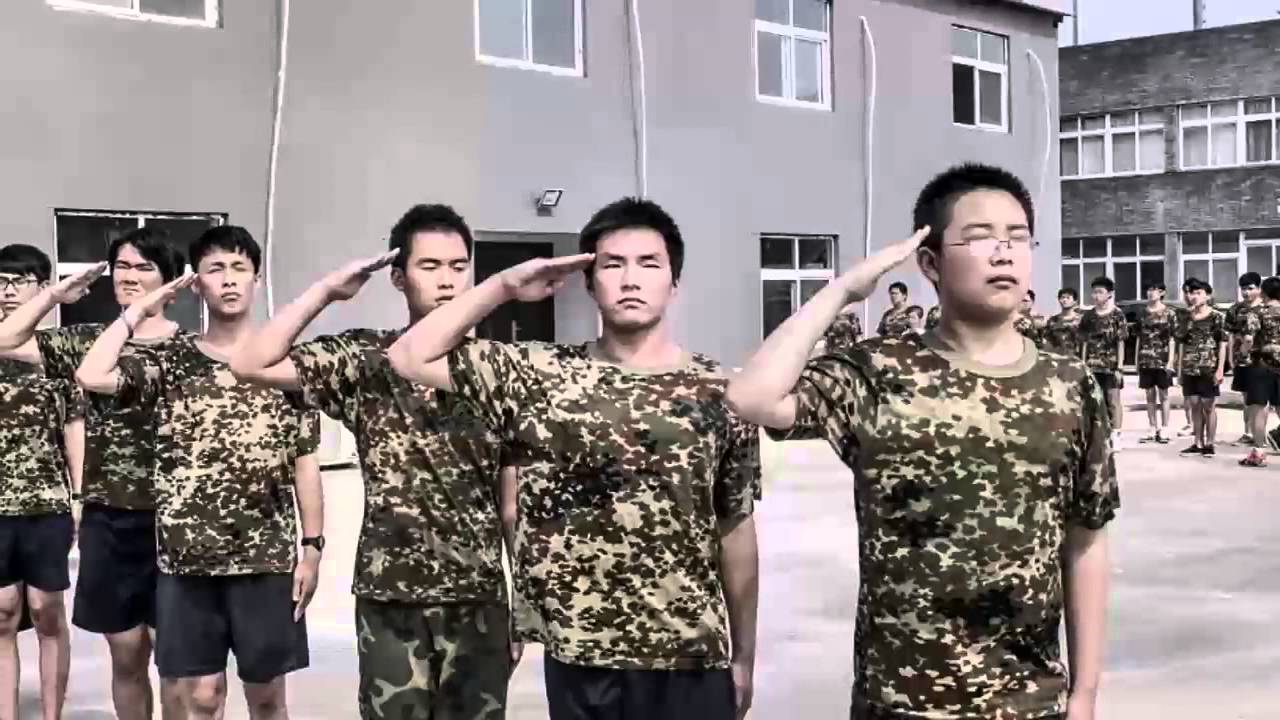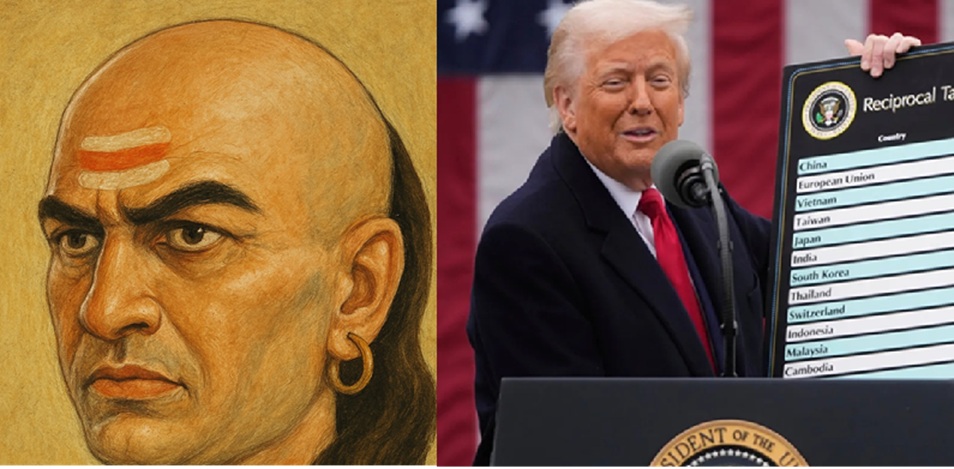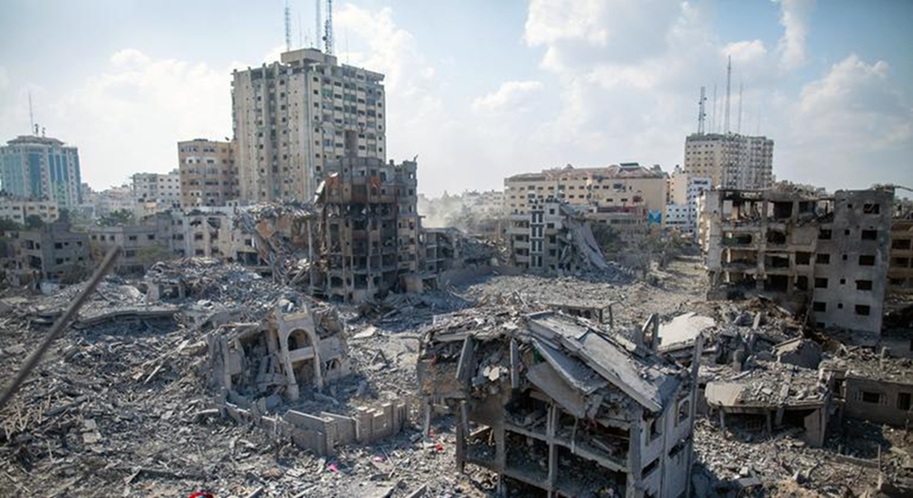China’s PLA (People’s Liberation Army), under the leadership of the Communist Party, stands as one of the largest military forces globally, comprising approximately one million active personnel and employing around two million individuals. The PLA is currently struggling with the recruitment of youngsters/graduates who increasingly prefer lucrative jobs in the private sector over military service.
As President Xi Jinping aims to modernise the Chinese military by 2035, the PLA is investing significantly in advanced weaponry and technology. However, a critical challenge remains in staffing, where China appears to be struggling. According to an article in the British news magazine, The Economist, China is facing difficulties recruiting enough skilled cadets to operate its sophisticated technical weaponry. There are several reasons behind these challenges, despite Xi’s persistent promotion of hawkish nationalist rhetoric among the Chinese population.
Ageing Population
For a significant period, China was the world’s most populous nation, benefiting from a demographic dividend and maintaining a relatively youthful population. However, between 1979 and 2015, China implemented the controversial one-child policy to limit population growth.
The long-term effects of this policy are evident today, as most Chinese adults now have only one child. Consequently, the pool of young, eligible recruits has been steadily diminishing. Data from the National Bureau of Statistics of China indicates that the number of individuals aged 16-24, the primary age group for military recruitment, has consistently decreased. This demographic shift directly contributes to the reduced availability of youth for military service.
Additionally, the declining youth population has created a situation where many young Chinese are only children. This “one-child generation” has led to what is often called “Little Emperor Syndrome,” where parents, having higher expectations for their only offspring, may be reluctant to see them join the military.
The cultural emphasis on education and economic success compounds this aversion to military service. Military service in China is often viewed as less prestigious than pursuing higher education or securing stable employment in the private sector. Despite the one-child policy being rescinded nine years ago, China’s fertility rate remains low, similar to other East Asian nations.
Capitalist Development in a Socialist Country
China upholds socialism as its state ideology yet operates as a market economy. This duality explains why, with the expansion of the market, career-driven youth in China are increasingly reluctant to take on the responsibility of raising children.
While military service may be considered an honourable vocation, the allure of a career in technology, finance, or other lucrative sectors is far stronger for many young Chinese.
The PLA has been challenged to compete with the private sector in matching salaries, benefits, and lifestyle. Although the military provides stable employment and certain educational benefits, these offerings are generally perceived as far less attractive than the opportunities for rapid career progression and higher earnings available in civilian jobs.
Furthermore, the rigorous discipline, extended hours, and potential for deployment in combat zones render military life less appealing to a generation accustomed to the comfort and modern conveniences of urban living. The stark contrast between the reality of military service and the expectations of young recruits has resulted in a further decline in interest in joining the PLA.
Changing Social Norms
China’s brand of Communism has consistently been intertwined with nationalism, characterised by the strong ethnic dominance of the Han people and their connection to the legacies of Chinese civilisation.
However, this dynamic is changing, not necessarily due to a shift in Han dominance but due to evolving social values. Previously, Chinese citizens took pride in associating themselves with the Communist Party of China, as this affiliation reduced the likelihood of political persecution. On joining the PLA, older generations from rural areas could achieve upward social mobility and gradually ascend the ranks within the CPC.
This scenario has now shifted. Once regarded as honourable and prestigious, military service was traditionally esteemed as soldiers were highly valued for defending their homeland.
Yet, for modern Chinese individuals, a military career is less appealing than other more glamorous and rewarding career paths. The mass media reinforces this perception by highlighting countless success stories of entrepreneurs, professionals, and celebrities while portraying military service as demanding and less financially rewarding.
Furthermore, the decline in rural-to-urban migration has impacted military recruitment. Historically, a major chunk of PLA recruits were drawn from rural areas, where young men viewed military service as a means to escape poverty and climb the social ladder.
However, with the rapid development of rural areas and improved local economic opportunities, fewer youths from these regions are inclined to enlist in the military.
Conclusion
These challenges have significant implications for China’s military capabilities and national security. The inability to recruit or retain sufficient qualified personnel could, at worst, undermine the PLA’s readiness and effectiveness.
This, in turn, could weaken the nation’s power projection, protection of interests, and ability to respond to potential threats. Furthermore, the talent shortfall in cybersecurity and advanced technology poses a risk to the PLA’s capacity to keep pace with the rapid advancements occurring in modern warfare.
Should other nations heavily invest in and enhance their military capabilities, particularly in cyber warfare, the PLA’s recruitment issues could lead to a strategic disadvantage.
It is important to note that this crisis is structural and lacks an immediate solution from the Chinese government. Under these circumstances, one should approach Chinese military claims with a degree of scepticism.
Disclaimer: The views and opinions expressed by the author do not necessarily reflect the views of the Government of India and Defence Research and Studies
Title image courtesy: Youtube







